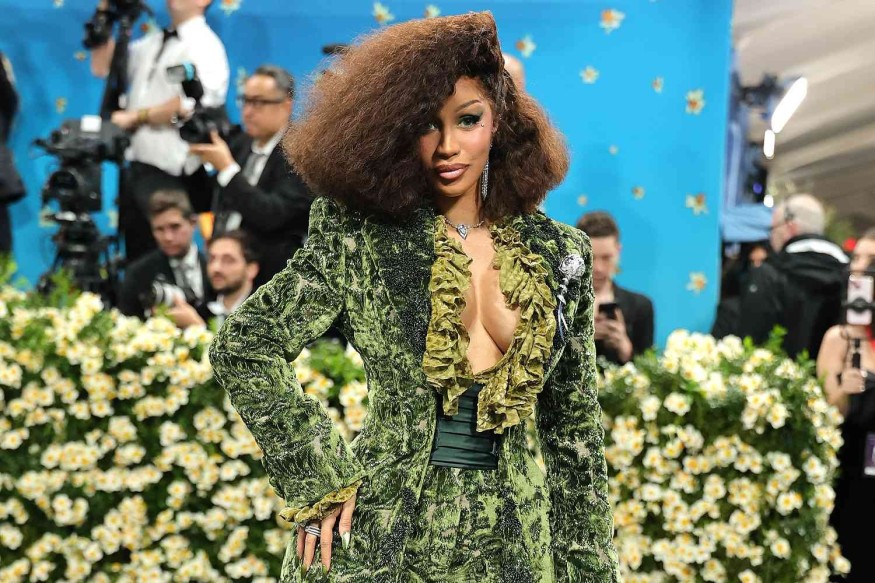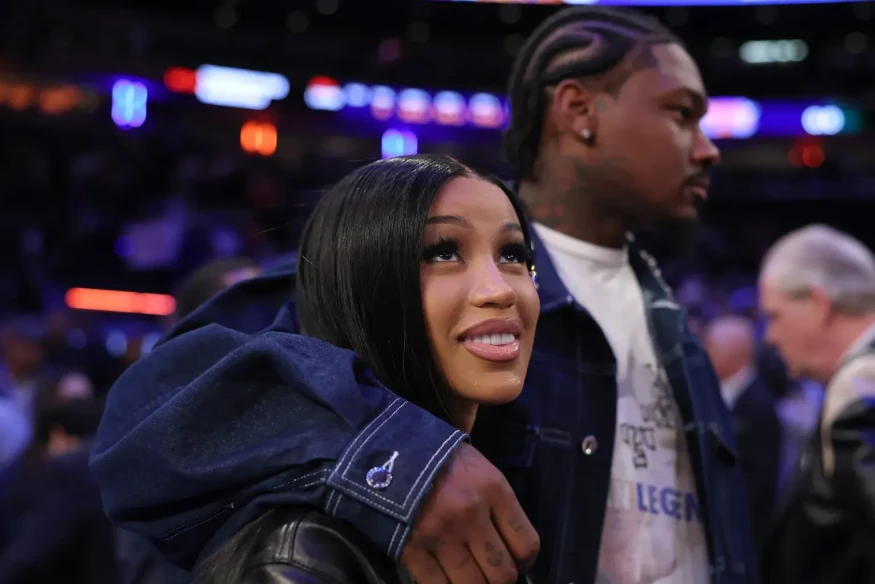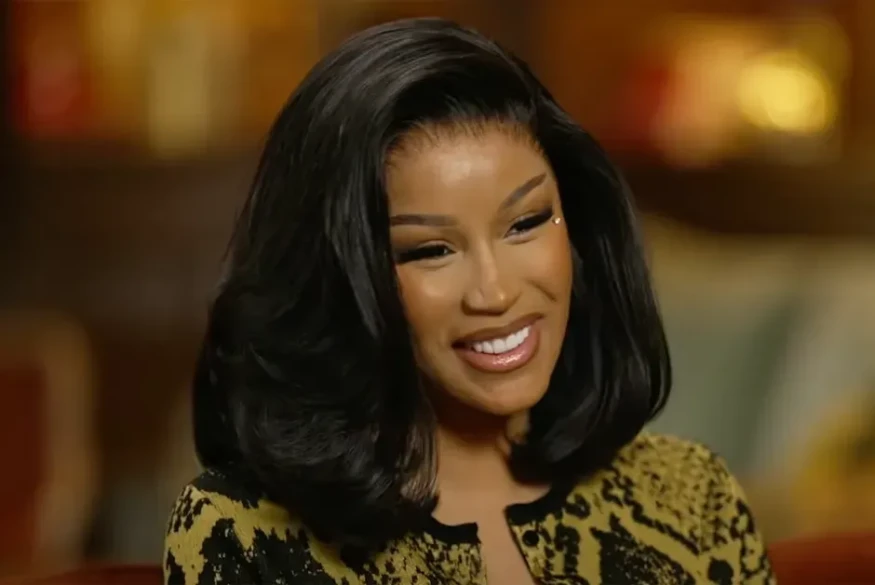
Cardi B testifies in court over an alleged Beverly Hills altercation, insisting “I never touched her.” The viral trial has turned into an internet spectacle
Cardi B knows how to command attention, whether on stage, in the studio, or—this time—in a courtroom. The Grammy-winning rapper found herself at the center of a long-running legal battle, accused of allegedly attacking a security guard. But in true Cardi fashion, she delivered her testimony with confidence, humor, and viral flair, repeatedly insisting: “I never touched her.”
The story dates back to 2018, during a private moment Cardi was trying to keep under wraps—her first pregnancy with Offset. She visited a doctor in Beverly Hills, hoping to keep the appointment discreet. According to her testimony, things took a turn when a security guard recognized her as soon as she stepped out of the elevator, loudly said her name on the phone, and then followed her down the hallway. Feeling cornered, Cardi confronted the woman—and from there, accounts of what happened diverge dramatically.
Cardi admitted the moment escalated into a heated verbal argument but firmly denied that it ever became physical. “I didn’t touch her,” she repeated multiple times in court, framing the incident as nothing more than an exchange of words. The plaintiff, Emani Ellis, however, has a very different version. She claims Cardi scratched her face with her nails, spat on her, and left visible marks. Years later, the case has finally gone to trial, unfolding with the drama of a courtroom thriller.
Inside the courtroom, Cardi B appeared calm, confident, and even playful. When Ellis’s attorney pressed her with repeated questions, Cardi responded with laughs, joking that it felt like a “debate”—a moment that even drew chuckles from some jurors. Her demeanor suggested she had no intention of letting the trial shake her composure.
Ellis, meanwhile, painted a darker picture, testifying that she suffered scars and trauma from the alleged assault. A plastic surgeon was brought in to testify, stating that Ellis’s injuries “could have” come from fingernails. But Cardi’s legal team countered with details that cast doubt on the claim: Cardi is left-handed, while the doctor described injuries consistent with a right-handed strike. The courtroom listened intently, the case growing more complex with each witness.
As always, social media was quick to react. Twitter, TikTok, and Instagram lit up with memes and clips of Cardi’s testimony. Fans called her courtroom style “iconic,” praising her humor and authenticity even under legal pressure. Edits of her declaring “I didn’t touch her” spread across platforms, while others turned the trial into viral soundbites. Cardi has always had a knack for delivering internet gold—and this time, it came straight from the witness stand.
Ellis claims the incident left her with anxiety and depression. Both her mother and grandmother testified, recalling phone calls where Ellis was in tears, frightened and distraught after the altercation. Cardi, however, insisted that her only concern that day was protecting her pregnancy and maintaining privacy. What makes the case even murkier is the lack of security footage: the hallway where the confrontation occurred had no cameras, leaving the case reliant solely on conflicting testimonies.
As the trial continues, the testimonies swing the narrative back and forth. Some moments seem to support Ellis’s claims; others strengthen Cardi’s defense. For many observers, the trial feels less like a traditional case and more like a blend of reality TV, courtroom drama, and viral spectacle.
The pregnancy angle adds another layer of intrigue. Cardi admitted she was desperate to keep that part of her life private, shielding herself from public scrutiny. The idea of being chased down a hallway, called out by name, and stripped of her privacy struck a chord with fans who empathized with the feeling of being exposed in a vulnerable moment. For many, that context reframes the incident as less about aggression and more about a woman under pressure trying to protect her peace.
Regardless of the verdict, the trial has already become viral fodder. Every gesture, every laugh, and every line from Cardi in court gets clipped, shared, and dissected online. It’s another reminder that Cardi B doesn’t just live in the music industry—she exists in the cultural zeitgeist, where every moment, even a court appearance, can turn into content.
The internet thrives on these moments, and Cardi, knowingly or not, has once again delivered. A trial meant to resolve a years-old altercation has instead morphed into a digital event, blending hip-hop celebrity, legal drama, and meme culture into one chaotic but captivating narrative.
One thing is certain: when Cardi B is involved, nothing stays simple.







